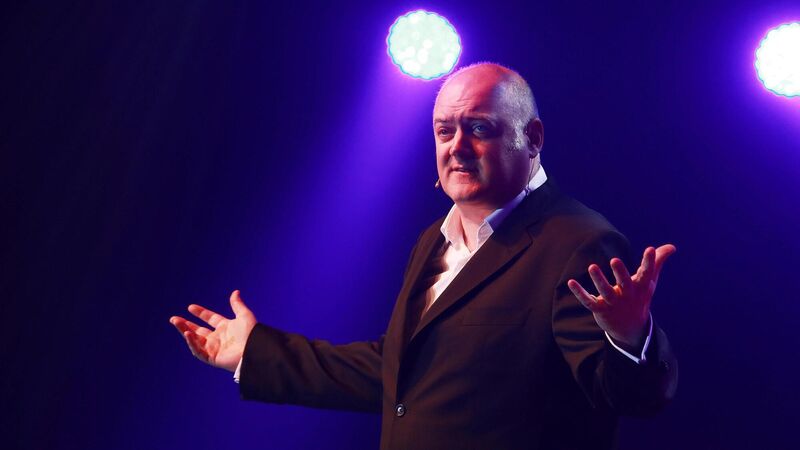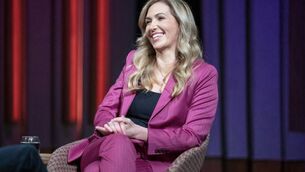Culture That Made Me: Dara Ó Briain on Prince, Alan Whicker, and college debates

Dara O'Briain on stage on a previous visit to Cork. Picture: Miki Barlok
Dara Ó Briain grew up in Bray, Co Wicklow. Since moving to London, he has become a mainstay on British television screens, as host on panel shows such as Mock the Week and Have I Got News for You as well as presenting popular maths and science programmes. He’s the author of several books, including the travel book Tickling the English.
He turned 50 last week, and upcoming dates on his stand-up tour include Cork Opera House, March 14-16; and he also plays Live At The Marquee in Cork on June 23.




